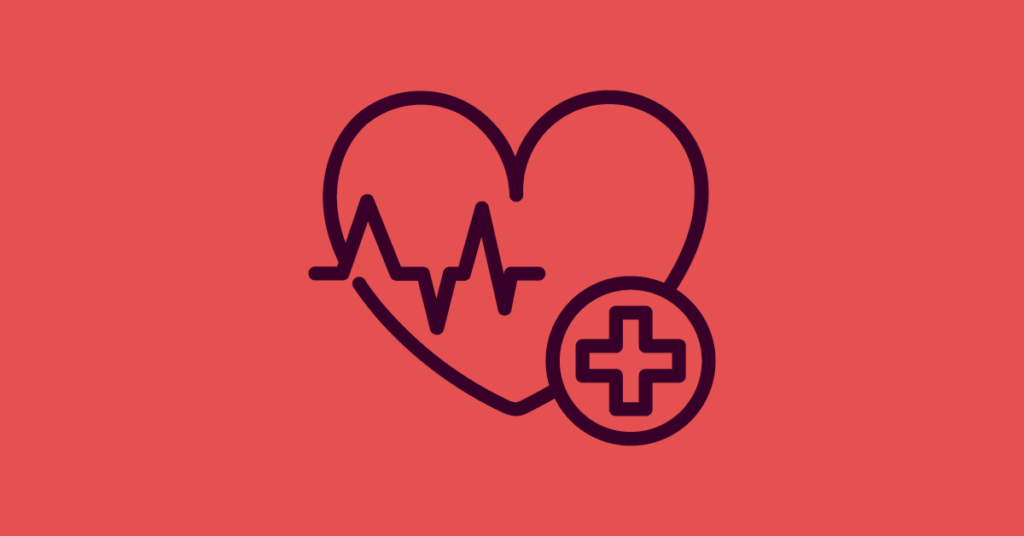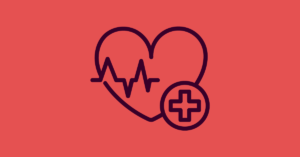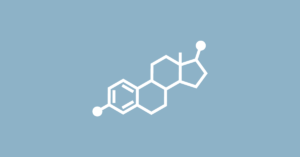Snapshot
Menopause brings a higher risk of heart disease
Estrogen, which has heart-protective effects, declines during menopause, leaving women more vulnerable to high blood pressure, cholesterol, and plaque buildup in arteries. This makes midlife a critical time to prioritize heart health through lifestyle changes and regular medical check-ups.

Understanding the menopause-heart health connection
The hormonal shift and its impact
As women enter menopause, typically in their late 40s or early 50s, estrogen levels begin to decline. This hormonal change affects more than just reproductive health—it has a profound impact on cardiovascular well-being. Estrogen plays a crucial role in maintaining heart health by:
- Keeping blood vessels flexible and responsive
- Helping to maintain healthy cholesterol levels
- Reducing inflammation in the body
When estrogen levels drop, these protective effects diminish, leaving the cardiovascular system more vulnerable to disease.
Research tells us...
Recent studies have shed light on the intricate relationship between menopause and heart health:
A large-scale study found that the risk of cardiovascular disease increases substantially in the years leading up to and after menopause and heart disease is the leading cause of death for women in many countries, including the United States.
Research from the Study of Women’s Health Across the Nation (SWAN) showed that the menopausal transition is associated with a worsening of cardiovascular risk factors, including increases in LDL cholesterol and triglycerides.
A 2019 study reported that early menopause (before age 40) is linked to a higher risk of cardiovascular disease compared to women who experience menopause at the typical age.
The stages of menopause and heart health
Perimenopause
During perimenopause, which can begin several years before menopause, we may start to notice subtle changes in our cardiovascular health. This stage is characterized by:
- Fluctuating estrogen levels
- Potential increases in blood pressure
- Changes in cholesterol profiles
What we can do at this stage: Begin regular cardiovascular check-ups and adopt heart-healthy habits.
Menopause
Defined as 12 consecutive months without a menstrual period, menopause marks a significant drop in estrogen production. This stage brings:
- A more pronounced increase in LDL (bad) cholesterol
- Decreased arterial flexibility
- Potential weight gain, especially around the midsection
What we can do at this stage: Intensify efforts to maintain a healthy lifestyle and manage emerging risk factors.
Postmenopause
In the years following menopause, as women we face an elevated risk of cardiovascular disease. This period is characterized by:
- Continued arterial stiffening
- Potential development of insulin resistance
- Increased risk of metabolic syndrome
What we can do at this stage: Maintain vigilant heart health practices and regular medical check-ups.
Proactive steps for heart health
Nutrition for a healthy heart
- Try adopting a Mediterranean-style diet rich in fruits, vegetables, whole grains, and lean proteins. If you don’t have the time to prepare your food, we’ve got you covered. With Diet-to-Go you can have a delicious Mediterranean meal plan delivered to your door, (receive 50% off your first week by using this link) and start getting a feel for what life can be like with a Mediterranean diet.
- Incorporate heart-healthy fats into your diet. These can be found in olive oil, avocados, and nuts.
- It helps to limit processed foods, sugary snacks, and excess sodium.
Mediterranean meals delivered to your door

- Aim for at least 150 minutes of moderate-intensity aerobic activity or 75 minutes of vigorous-intensity aerobic activity per week.
- Include strength training exercises at least twice a week.
- Consider activities like brisk walking, swimming, or cycling.
Stress management is a heart necessity
- Practice mindfulness techniques such as meditation or deep breathing exercises.
- Engage in regular yoga sessions to reduce stress and improve flexibility.
- Prioritize self-care and maintain strong social connections.
Book a screening
- Be proactive and book a preventive health screening to better understand your risk levels.
A Life Line Screening is easy, painless and non-invasive.
A Life Line Screening is easy, painless and non-invasive

- If you smoke, seek support to quit. Smoking cessation can dramatically improve heart health.
- Limit alcohol consumption to no more than one drink per day.
- Prioritize quality sleep, aiming for 7-9 hours nightly.
When to seek medical help
Be alert to these potential warning signs of heart issues:
- Chest pain or discomfort
- Shortness of breath, especially during mild exertion
- Unexplained fatigue or weakness
- Irregular heartbeat or palpitations
If you experience any of these symptoms, consult your healthcare provider promptly for a thorough cardiovascular assessment.
Further tips for management
There are some things that can support further monitoring and management of heart health:
Heart rate monitors: Track your heart rate during exercise and daily activities.
Home blood pressure cuffs: Regularly monitor your blood pressure at home.
Fitness trackers: Set and track daily movement goals with the device that suits you.
Nutrition apps: Help maintain a heart-healthy diet by tracking nutrient intake.
Investing in our heart health
The menopausal transition represents a critical window for cardiovascular health intervention. By understanding the changes occurring in our body and taking proactive steps, we can significantly reduce our risk of heart disease in the years following menopause. Remember, it’s never too early—or too late—to start prioritizing our heart health. Regular check-ups, a heart-healthy lifestyle, and staying informed are your best defenses against cardiovascular disease.
Our midlife is an opportunity to reinvest in our health and set the stage for a vibrant, heart-healthy future.


















